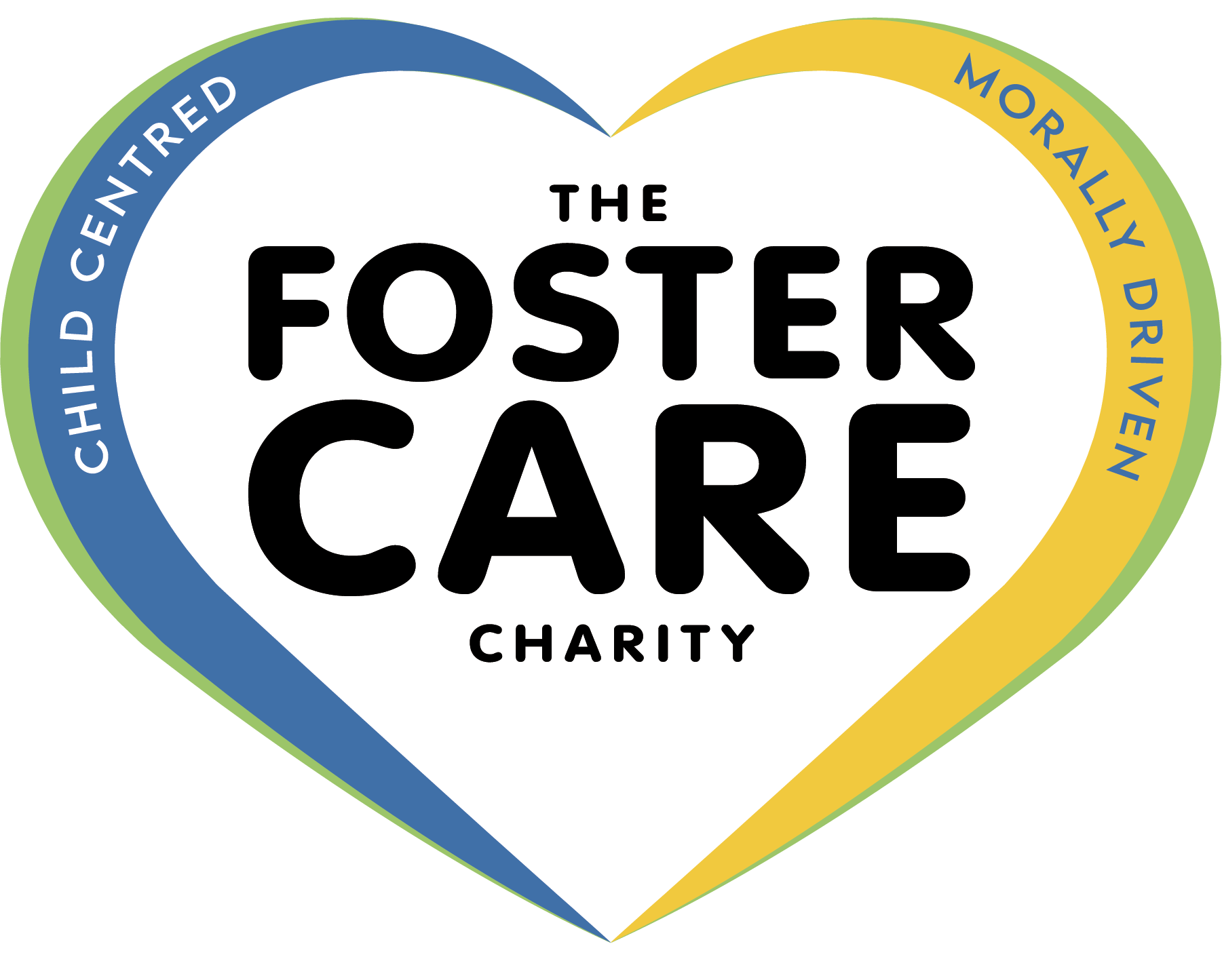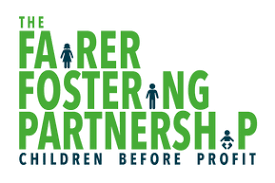Key Information to Help with Standard Assessment Tests for Year 6

Tips & resources to help you and your child to be ready for these assessments. You’ll find links to sample questions, videos, games and more all designed to help your child to be successful.
Our education specialist Kate says “If trying to identify the subordinating conjunction, modal verb or fronted adverbial is not one of your super strengths I really recommend the BBC Bitesize resource links!”
SATs 2025 - What Can You Expect?
There will be four days of Standard Assessment Tests (SATs) for Year 6:
Monday 12th May: English grammar, punctuation, and spelling
Paper 1 Questions 45 minutes
Paper 2 Spelling 15 minutes
Tuesday 13th May: English Reading 60 minutes
Wednesday 14th May: Mathematics
Papers 1 Arithmetic 30 minutes
Paper 2 Reasoning 40 minutes
Thursday 15th May: Mathematics
Paper 3 Reasoning 40 minutes
For writing and Science pupils are given a teacher assessed grade
Tests usually take place in the child’s classroom each morning. If your child has extra support or is absent during a test, check with the school about where and when they will take the test.
Schools receive SATs results on July 8th and usually share results with parents and carers, including the teacher assessed grades for writing and Science, before the end of the summer term.
Some children are entitled to access arrangements such as additional time, technical aids or scribes. Speak to your school to discuss your child’s needs and arrangements.
Resource Links
As well as using resources from your child’s school, these can help support with SATs:
BBC Bitesize: a range of free resources including videos, interactive games and worksheets for Key Stage 1 and Key Stage 2 SATs.
Free past SATs papers in standard or modified formats dependent on your child’s needs.
Helpful revision resources have been published by this primary school on their website, some of which are from Twinkl.
TOP TIPS FOR SUCCESS!
- Support your child’s mental health during preparation and the week of the tests. Fresh air, fun, a good sleep routine and healthy food can really make a difference.
- Help your child to revise or complete homework tasks ready for the tests. Gradually reduce your direct help over time based on what your child can manage.
- Encourage your child to read every day and chat about what they read, to attend booster sessions at school and to use the BBC Bitesize link on this page to practise specific areas they are finding hard. These resources are great to help adults understand too! Also see our revision support resources.
- Help them to be organised by reminding your child which test is on each day so they know before they get to school which paper they are taking. Make sure they eat a good breakfast each day.
- Celebrate their efforts as well as their achievements by praising their effort and reminding them of their strengths and past successes.










